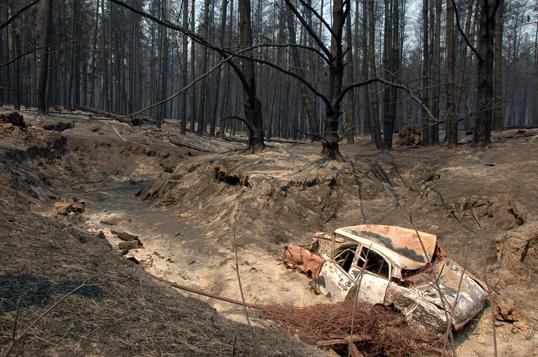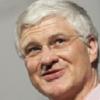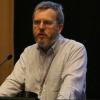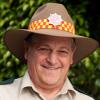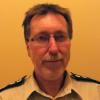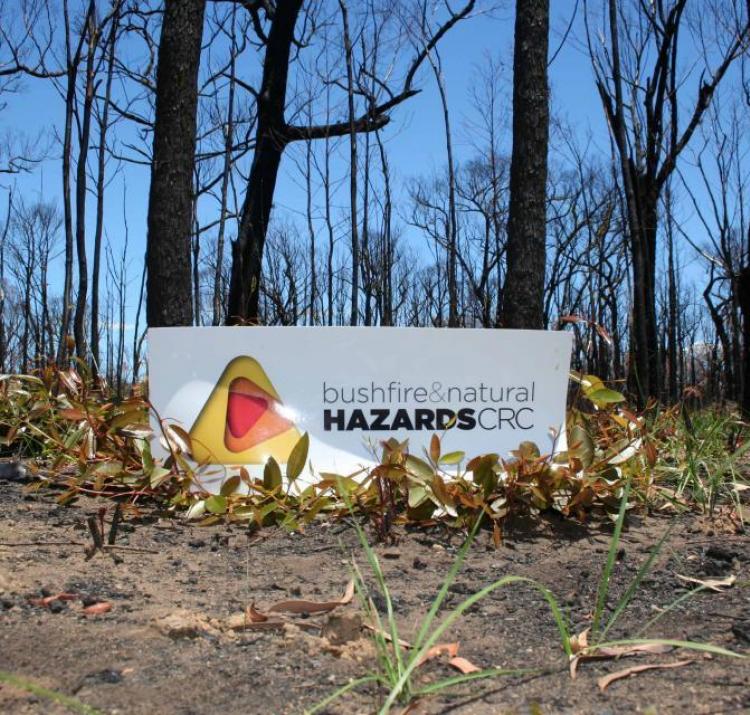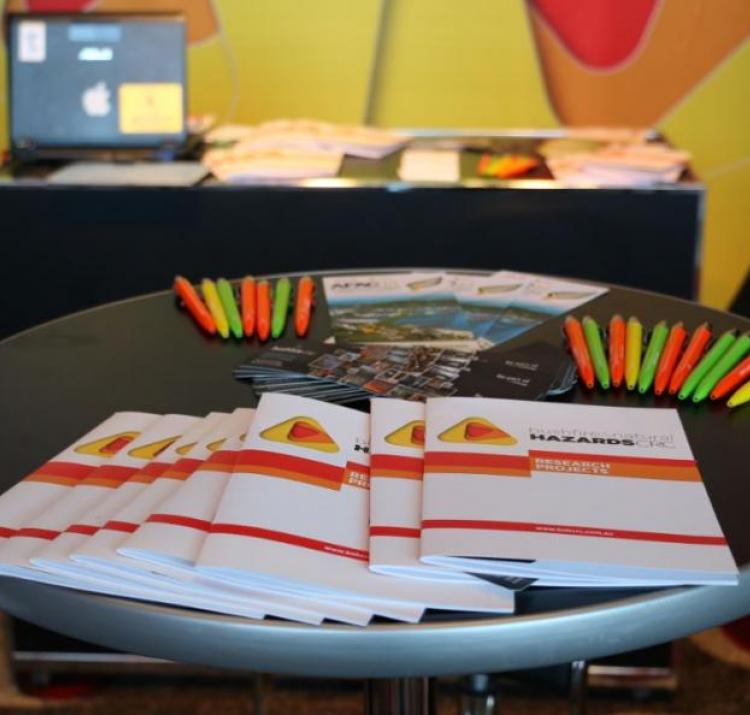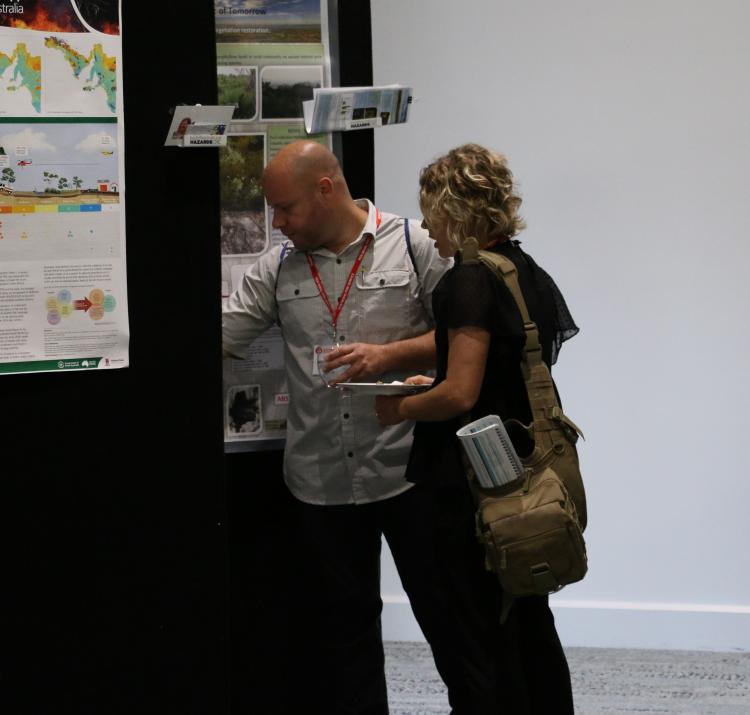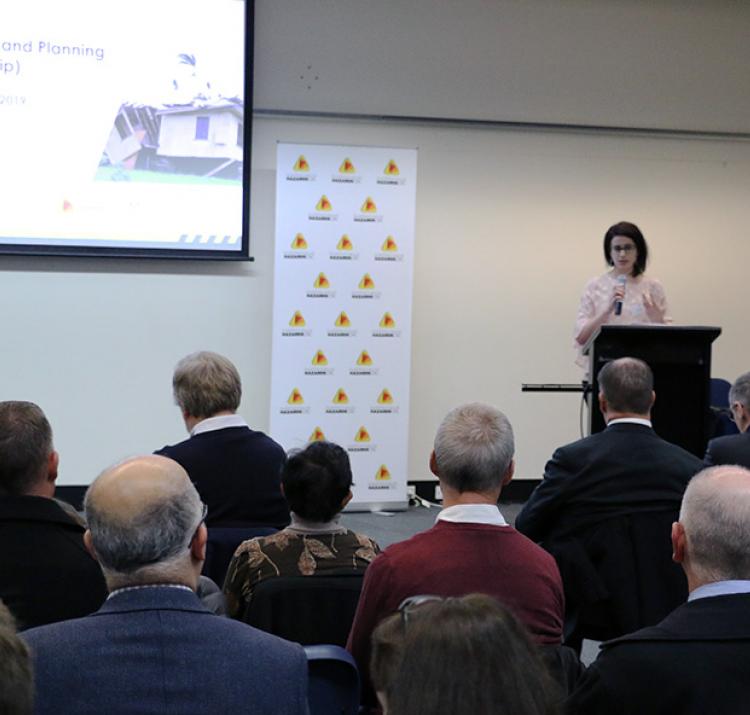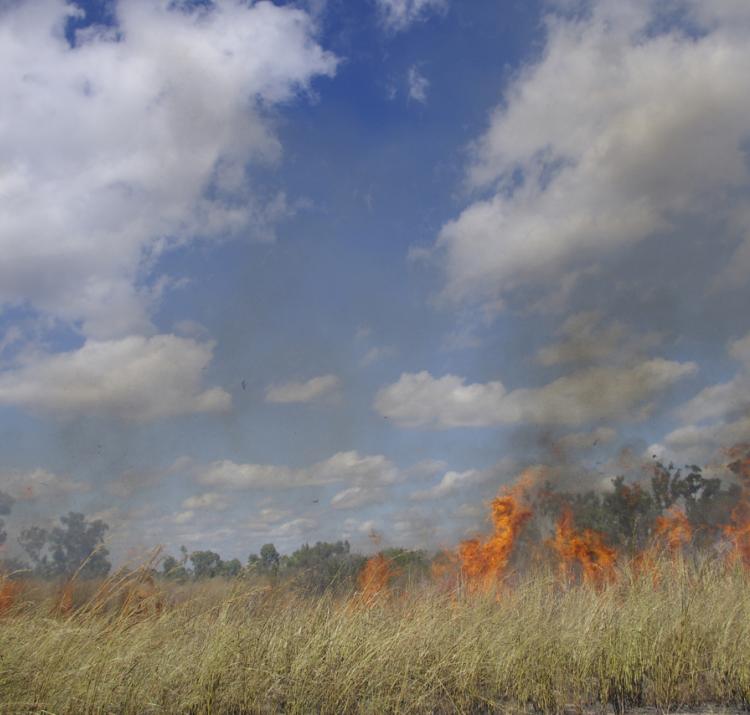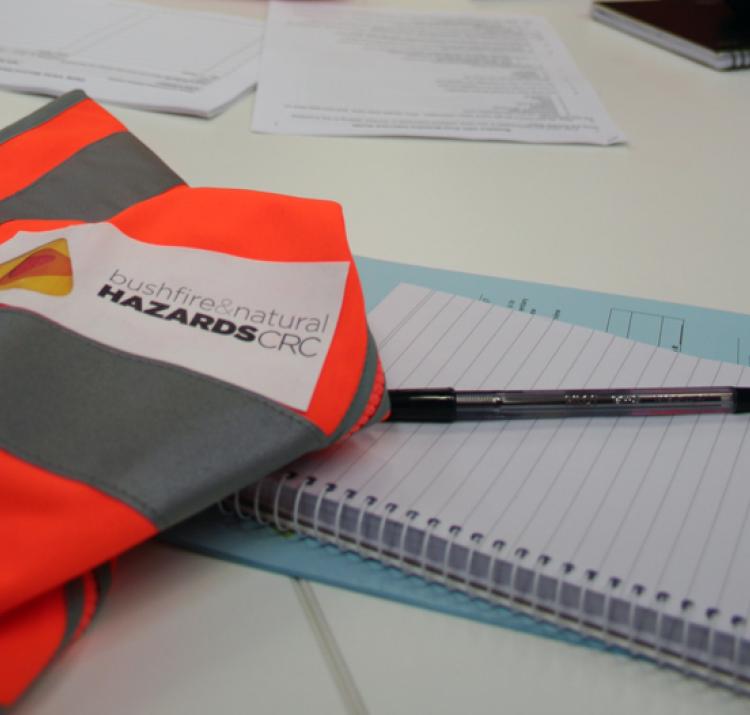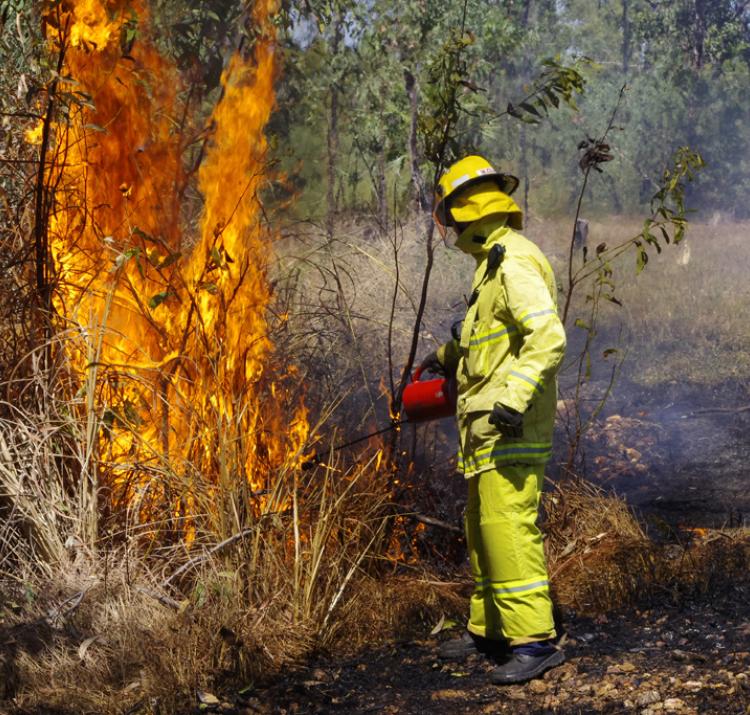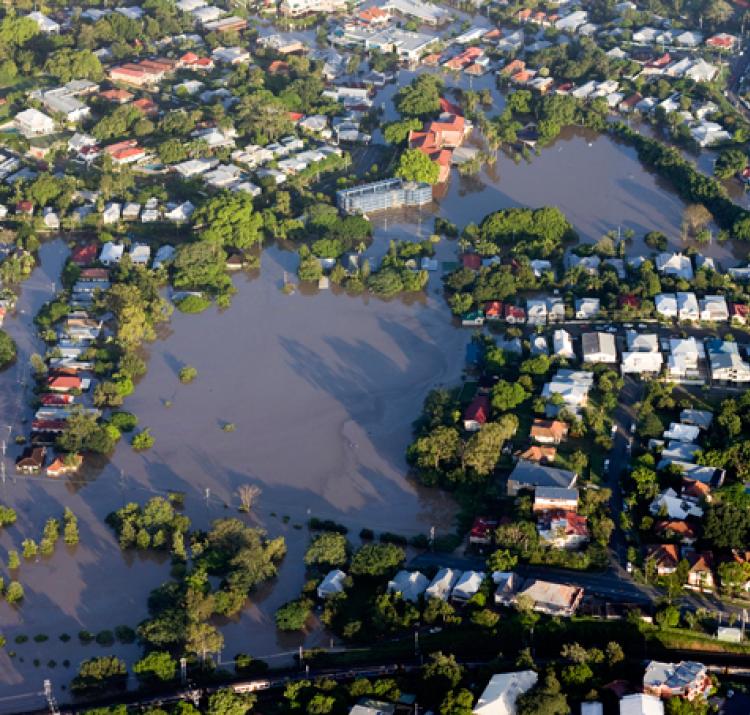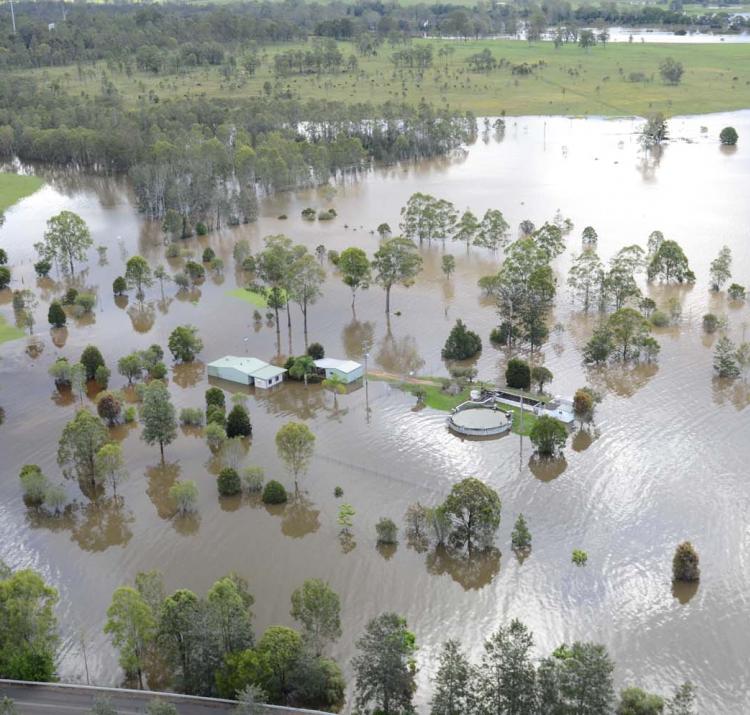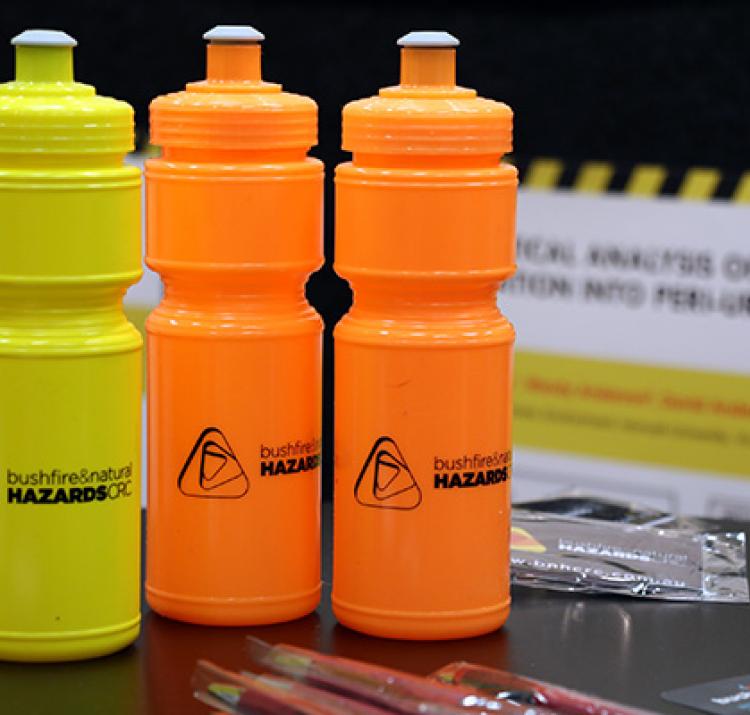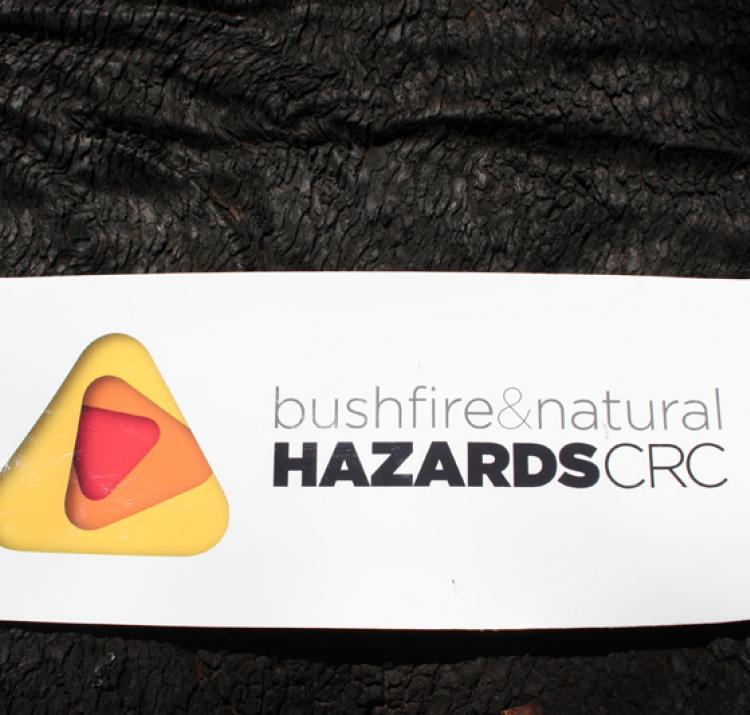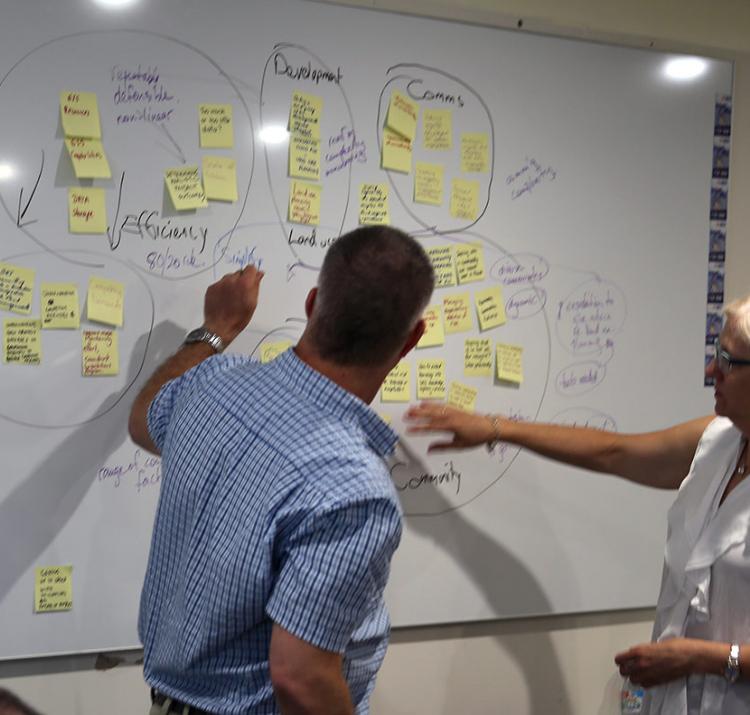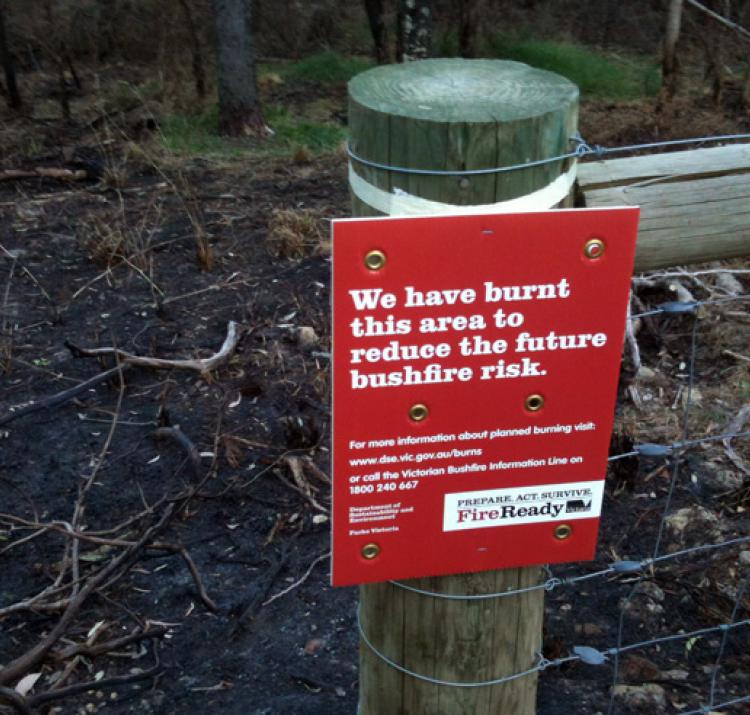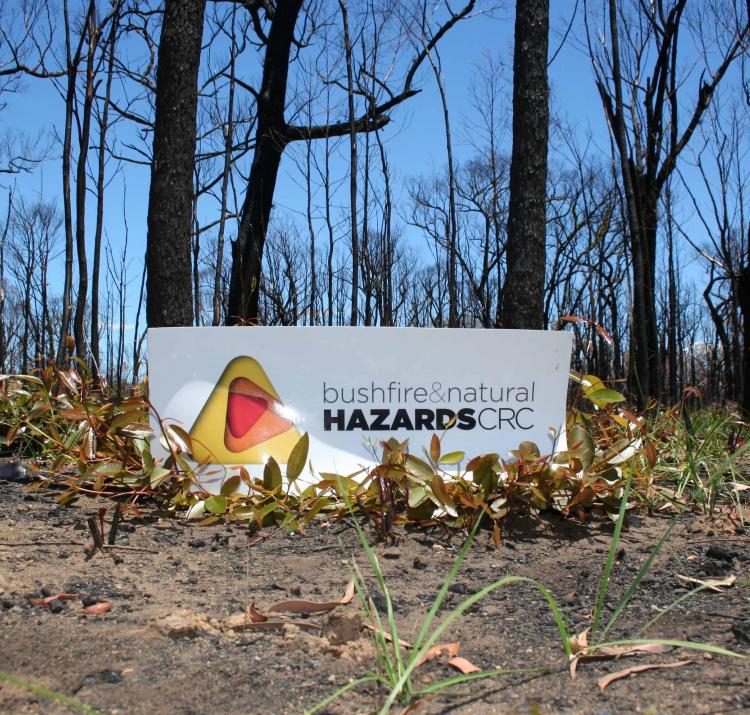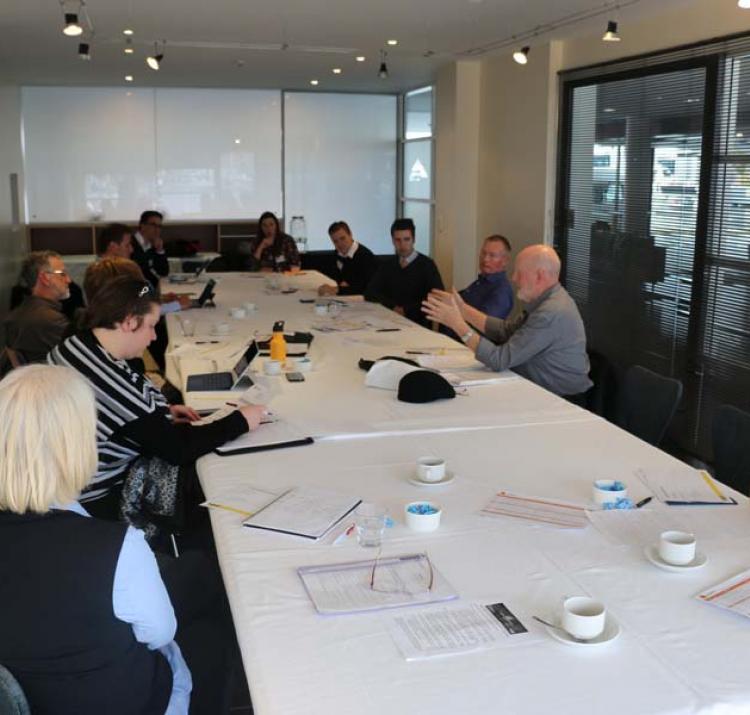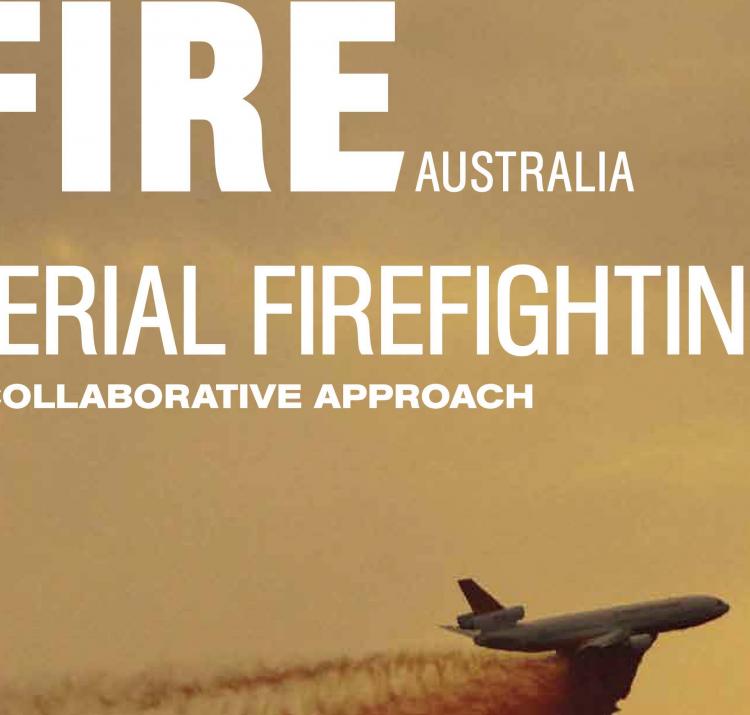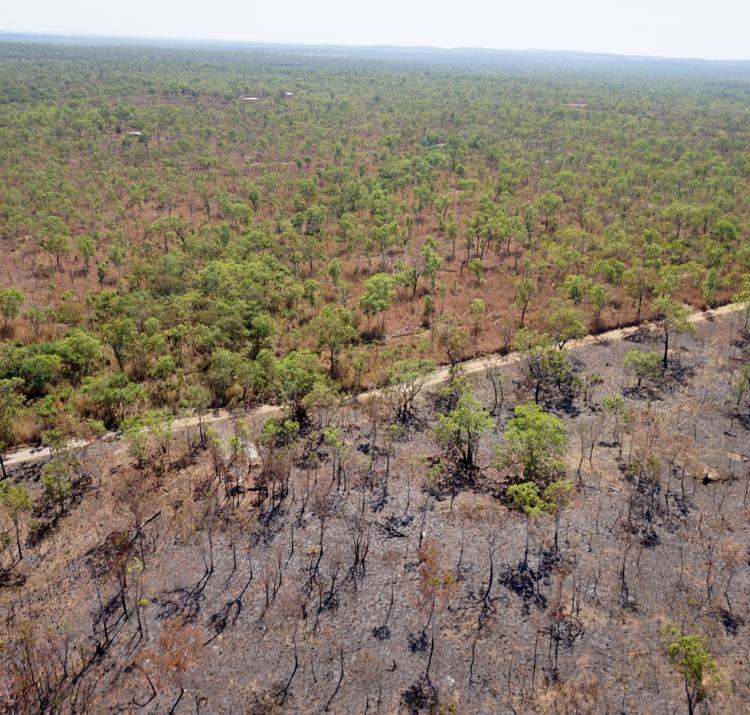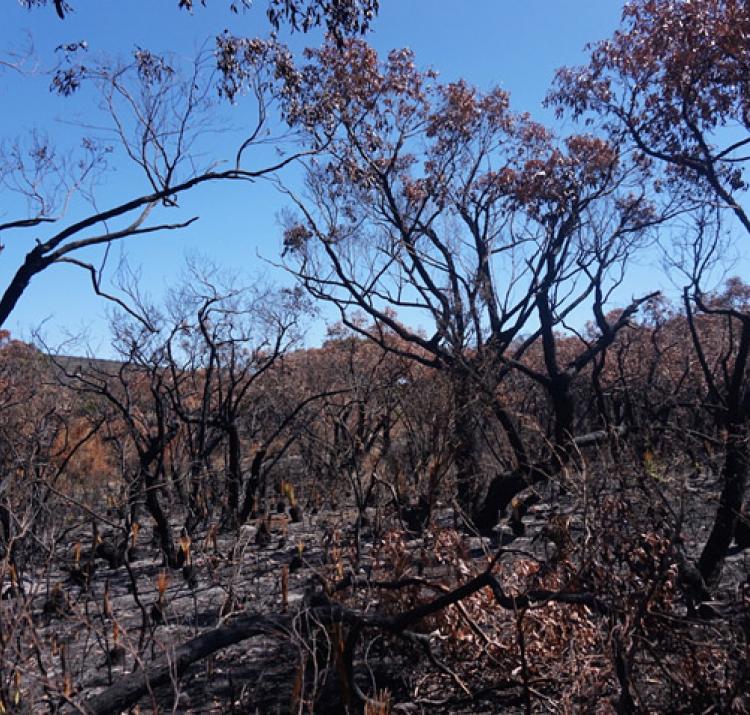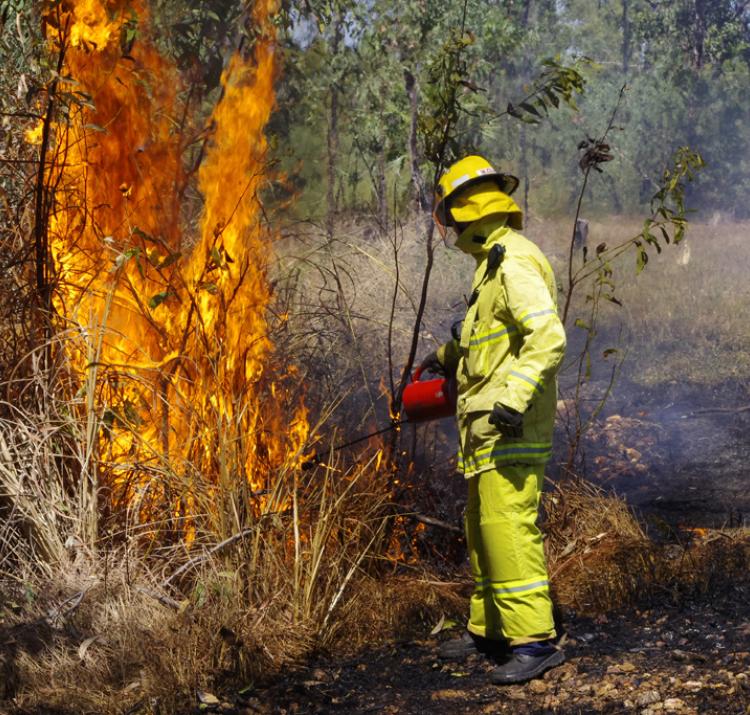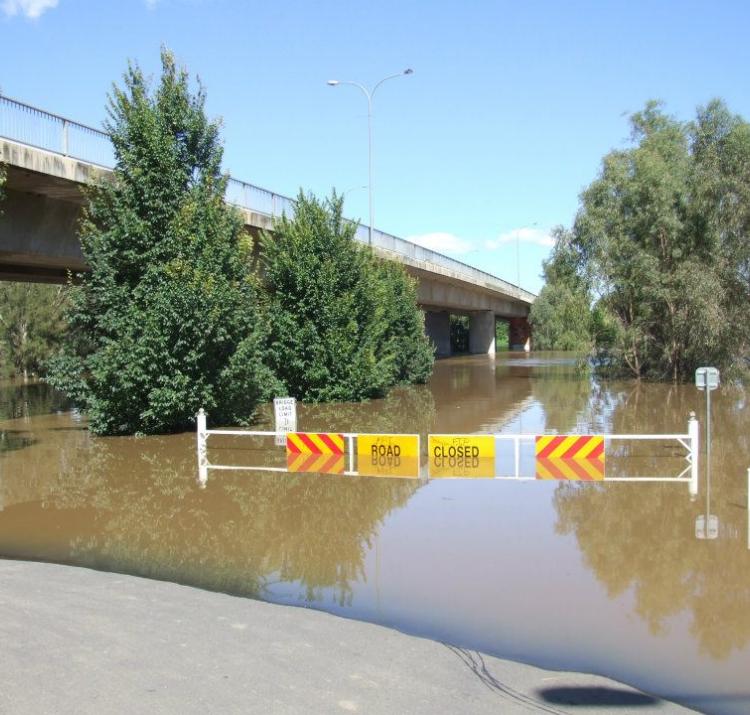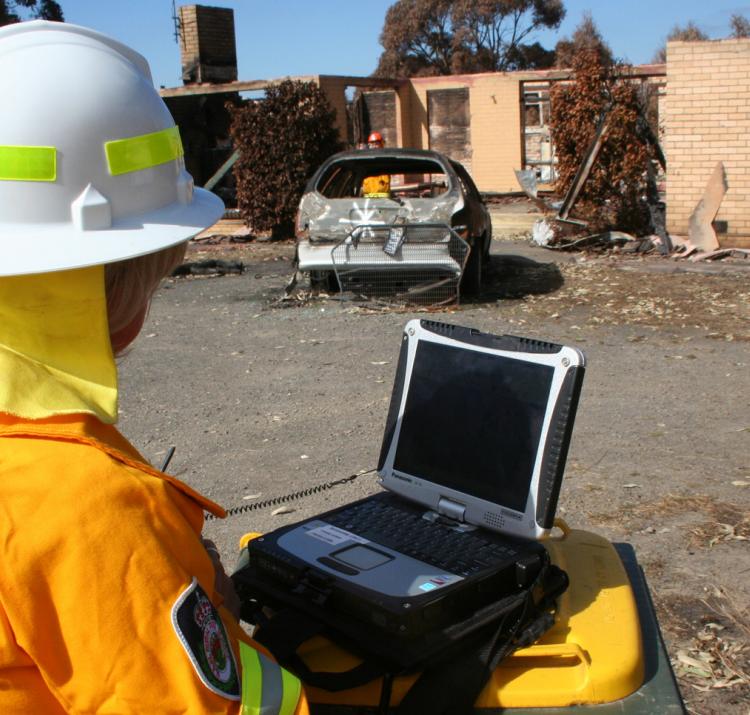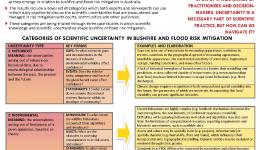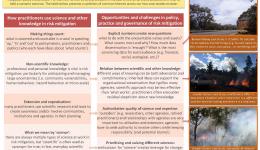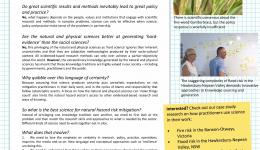Research leader
Research team
End User representatives
There is a significant knowledge deficit concerning how science and other forms of knowledge are used and integrated into emergency management policy and practice, leading to incorrect and counterproductive misunderstandings. The emphasis on the value of scientific knowledge within the natural hazards sector – and particularly in regards to risk mitigation – is legitimate. However, to this point, this valuing of science has not been accompanied by research into the actual opportunities and challenges of using science in policy and practice.
Science is a diverse world of knowledge and as such, it is ripe for debate, whether by scientists, politicians, policymakers or others. The fact that the research process is open-ended, in which uncertainties can often be reduced but not resolved, means there are often abundant reasons to delay decisions about how to proceed.
There are many obstacles to integrating science within government agencies, not the least of which are resource constraints. Other factors of institutional culture also influence how, and if, new research is utilised.
Without greater insight into how science and other forms of knowledge are used and integrated into sector policy and practice, the ability of policymakers and practitioners to explain risk mitigation and translate its scientific basis is compromised. The sector is also vulnerable to the perpetuation of received ideas and myths about science, its use and its utility.
This project has produced a number of journal articles documenting issues related to scientific uncertainty in bushfire and flood risk mitigation.
Case studies were undertaken in the Otway region of Victoria, and greater Darwin in the Northern Territory, both around bushfire and mitigation. A third case study explored flood risk in the Hawkesbury-Nepean Valley in New South Wales.
It is clear that scientific research, whether in a laboratory or a landscape, is never simply technical. The ways in which decision-makers and practitioners integrate and utilise science is a thoroughly social question, shaped by the capacities and affordances of the contexts in which they operate. While it is important to continue to place a high value on scientific research in the natural hazards sector, it is also important to remember that this research is embedded in social dynamics and social networks.

